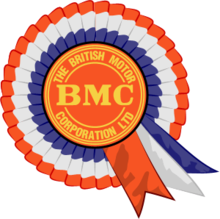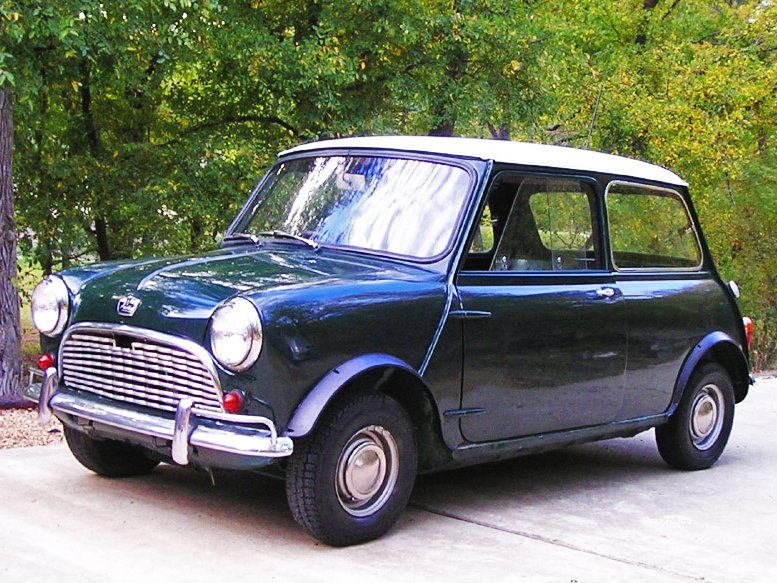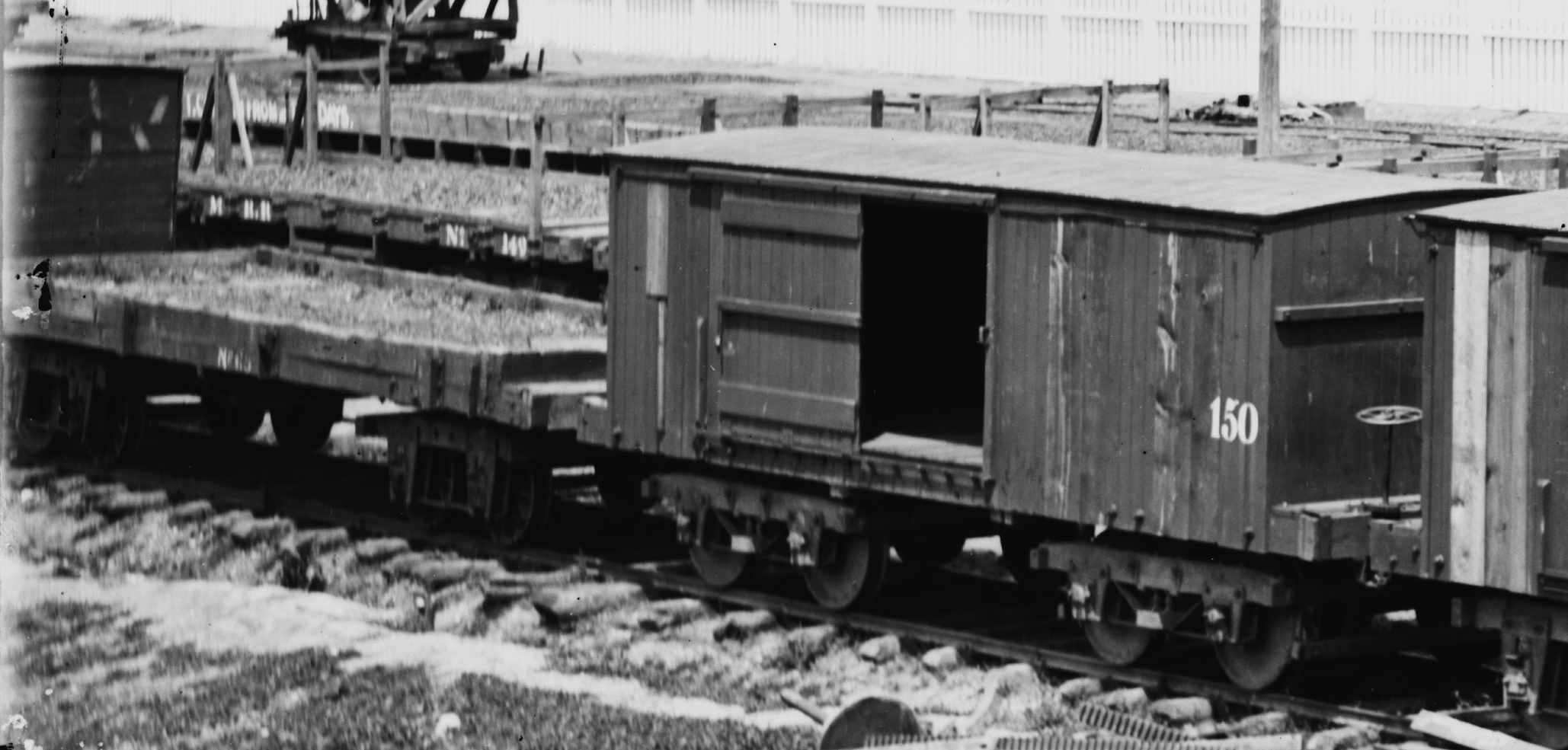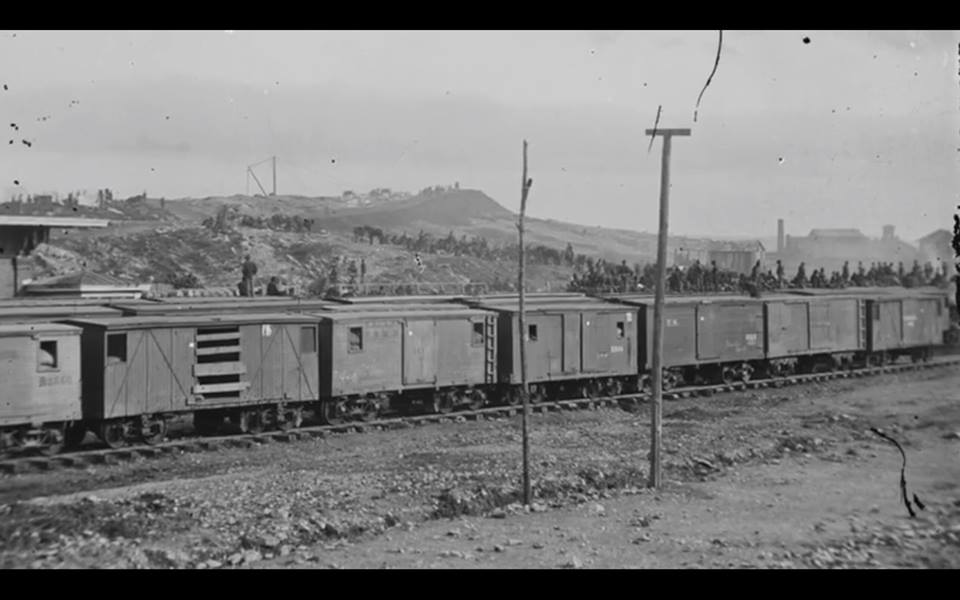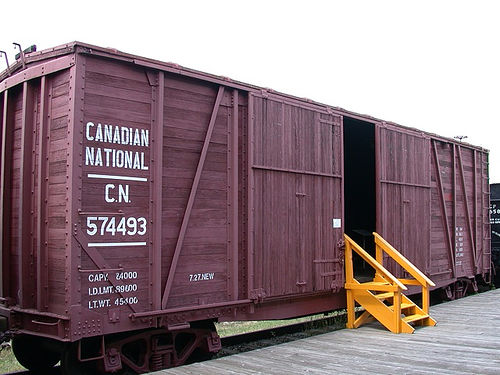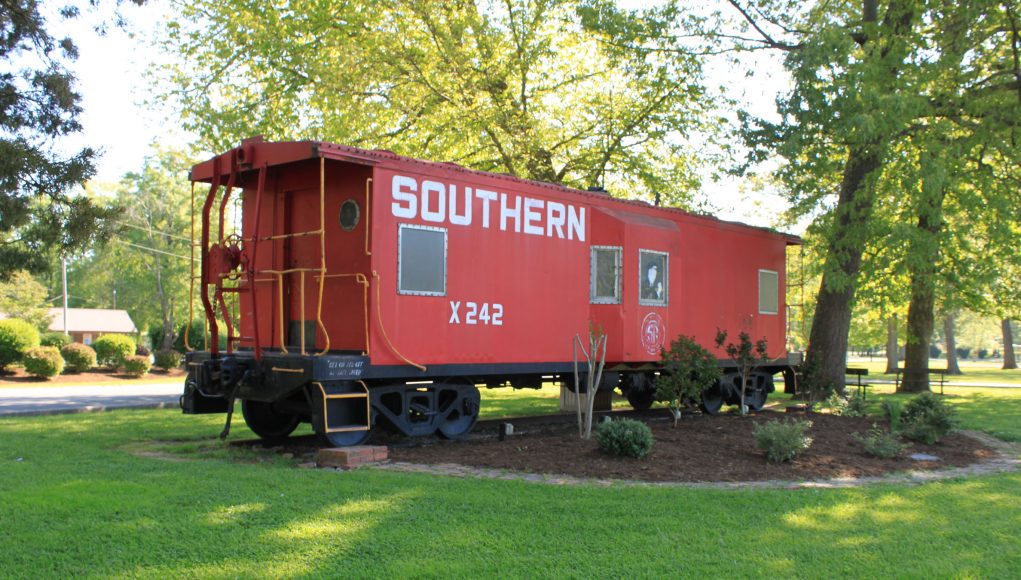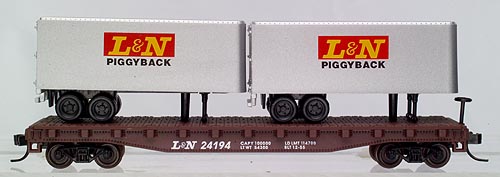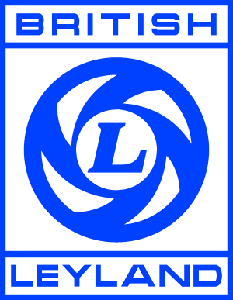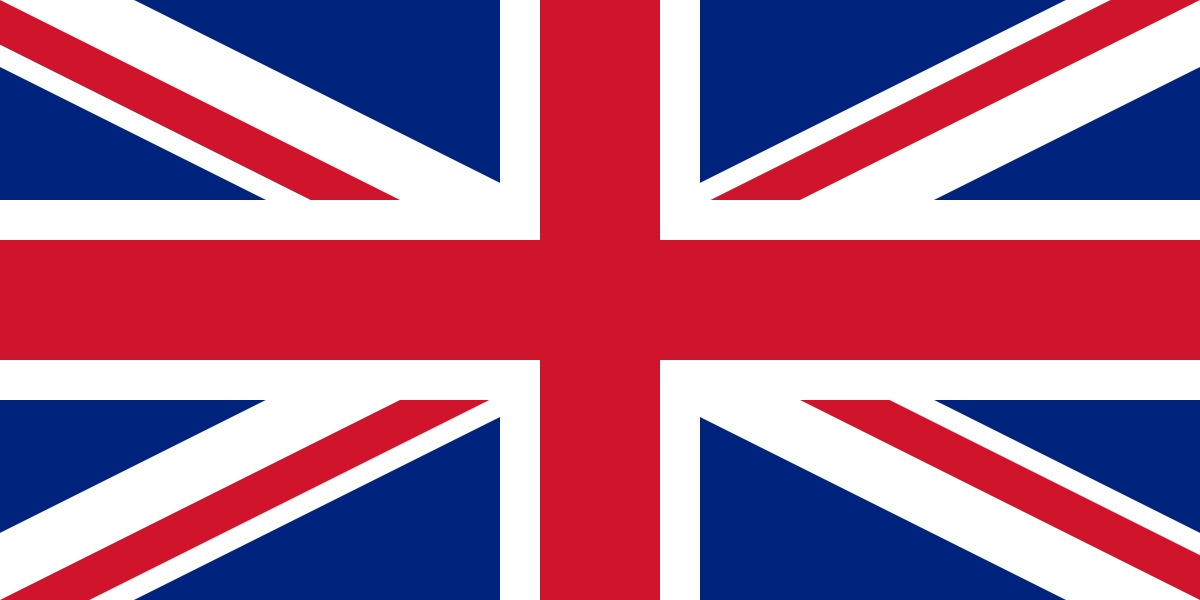Company History: The British Motor Corporation Limited (BMC) was a UK-based vehicle manufacturer, formed in early 1952 to give effect to an agreed merger of the Morris and Austin businesses. BMC acquired the shares in Morris Motors and the Austin Motor Company. Morris Motors, the holding company of the productive businesses of the Nuffield Organisation, owned MG, Riley, and Wolseley.
The agreed exchange of shares in Morris or Austin for shares in the new holding company, BMC, became effective in mid-April 1952. In September 1965, BMC took control of its major supplier of bodies, Pressed Steel, acquiring Jaguar's body supplier in the process. In September 1966, BMC merged with Jaguar Cars. In December 1966, BMC changed its name to British Motor Holdings Limited (BMH). BMH merged, in May 1968, with Leyland Motor Corporation Limited, which made trucks and buses and owned Standard-Triumph International Limited, BMH becoming the major part of British Leyland Motor Corporation.
The agreed exchange of shares in Morris or Austin for shares in the new holding company, BMC, became effective in mid-April 1952. In September 1965, BMC took control of its major supplier of bodies, Pressed Steel, acquiring Jaguar's body supplier in the process. In September 1966, BMC merged with Jaguar Cars. In December 1966, BMC changed its name to British Motor Holdings Limited (BMH). BMH merged, in May 1968, with Leyland Motor Corporation Limited, which made trucks and buses and owned Standard-Triumph International Limited, BMH becoming the major part of British Leyland Motor Corporation.
Successor/Parent History: British Leyland was an automotive engineering and manufacturing conglomerate formed in the United Kingdom in 1968 as British Leyland Motor Corporation Ltd (BLMC), following the merger of Leyland Motors and British Motor Holdings. It was partly nationalised in 1975, when the UK government created a holding company called British Leyland, later BL, in 1978. It incorporated much of the British-owned motor vehicle industry, which constituted 40 percent of the UK car market, with roots going back to 1895.
Despite containing profitable marques such as Jaguar, Rover and Land Rover, as well as the best-selling Mini, British Leyland had a troubled history. In 1986 it was renamed as the Rover Group, later to become MG Rover Group, which went into administration in 2005, bringing mass car production by British-owned manufacturers to an end. MG and the Austin, Morris and Wolseley marques became part of China's SAIC, with whom MG Rover attempted to merge prior to administration.
Today, Mini, Jaguar Land Rover and Leyland Trucks (now owned by BMW Group, Tata Group and Paccar, respectively) are the three most prominent former parts of British Leyland which are still active in the automotive industry, with SAIC-owned MG Motor continuing a small presence at the Longbridge site. Certain other related ex-BL businesses, such as Unipart, continue to operate independently.
From Wikipedia
Despite containing profitable marques such as Jaguar, Rover and Land Rover, as well as the best-selling Mini, British Leyland had a troubled history. In 1986 it was renamed as the Rover Group, later to become MG Rover Group, which went into administration in 2005, bringing mass car production by British-owned manufacturers to an end. MG and the Austin, Morris and Wolseley marques became part of China's SAIC, with whom MG Rover attempted to merge prior to administration.
Today, Mini, Jaguar Land Rover and Leyland Trucks (now owned by BMW Group, Tata Group and Paccar, respectively) are the three most prominent former parts of British Leyland which are still active in the automotive industry, with SAIC-owned MG Motor continuing a small presence at the Longbridge site. Certain other related ex-BL businesses, such as Unipart, continue to operate independently.
From Wikipedia
Brief History: The United Kingdom, made up of England, Scotland, Wales and Northern Ireland, is an island nation in northwestern Europe. England – birthplace of Shakespeare and The Beatles – is home to the capital, London, a globally influential centre of finance and culture. England is also site of Neolithic Stonehenge, Bath’s Roman spa and centuries-old universities at Oxford and Cambridge.
Item Links: We found: 2 different collections associated with British Motor - Automobiles
- Collection Vehicles: 1 different items.
- Collection Transportation Companies: 2 different items.
Item created by: gdm on 2019-07-01 17:05:39. Last edited by Alain LM on 2019-12-26 05:38:10
If you see errors or missing data in this entry, please feel free to log in and edit it. Anyone with a Gmail account can log in instantly.
If you see errors or missing data in this entry, please feel free to log in and edit it. Anyone with a Gmail account can log in instantly.


